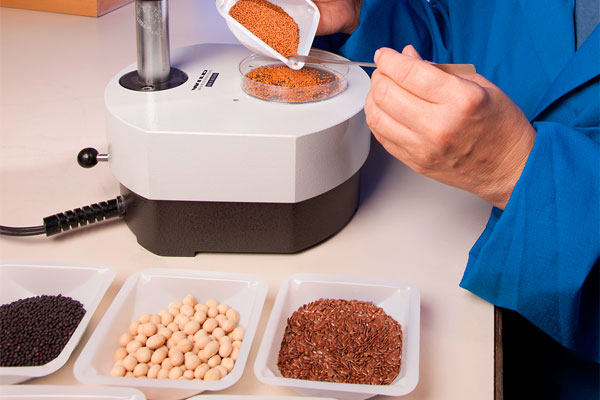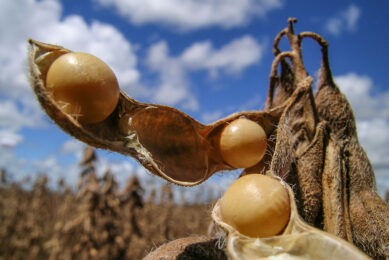Research: Assessing the potential of oilseed crops

A research project by Ohio State University is seeking to evaluate the many uses of oilseed crops, such as animal feed and biofuel, plus their potential to help diversify Ohio farms and increase sustainability.
Oilseed crops such as flax, camelina, canola and sunflower have been planted on a 324 acre farm in Wooster. The farm had been donated to the Ohio Agricultural Research and Development Center (OARDC) in 2002.
The crops will be evaluated in terms of their growth characteristics, yield, oil content and animal feed quality. They will also be studied for their benefits to ecosystems, including floral resources for pollinators, biocontrol for pests and soil conditioning.
“Oilseed crops could offer many benefits to diversified farms,” said Hannah Whitehead, the research assistant coordinating the project. “They have the potential to add complexity to crop rotations, provide valuable ecosystem services, and deliver additional value chains in the form of on-farm biodiesel, cooking oil and highly nutritious feed for animals.”
The oilseed demonstration and evaluation project is being conducted in collaboration with Organic Valley/CROPP Cooperative, which is collecting complementary data in plots on its research farm in La Farge, Wisc. The cooperative is especially interested in longer crop rotations with more diverse crops in them for its member farms, as well as the additional on-farm value that oilseed crops could offer, Whitehead said.
In September, Organic Valley will bring its mobile oil press to the Farm to press the harvested seeds and offer a workshop for its Ohio members and other interested farmers. The oil, pressed meal and fiber will then be analyzed by OARDC researchers to evaluate their potential for fuel, cooking and animal feed.
“We’re hoping to get a picture of the economic and ecological benefits that these crops could provide to an integrated farming system, including and beyond seed oil,” Whitehead said.











